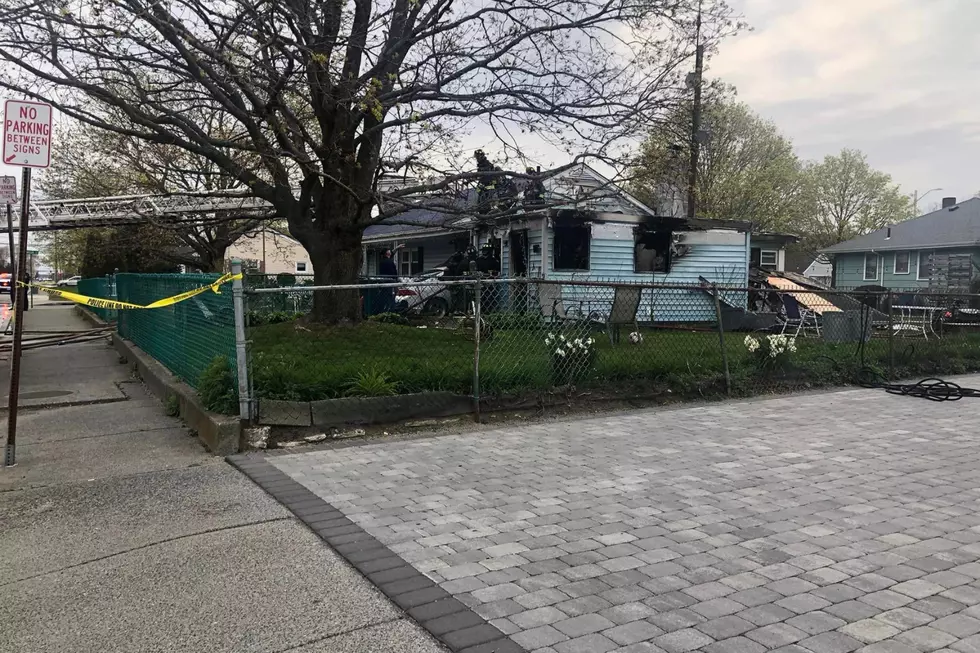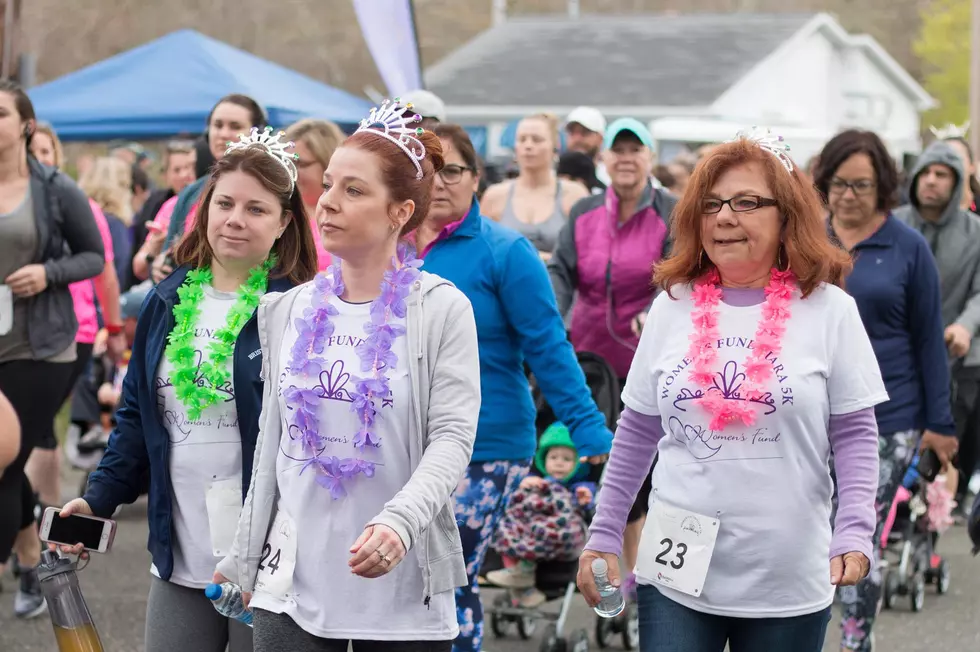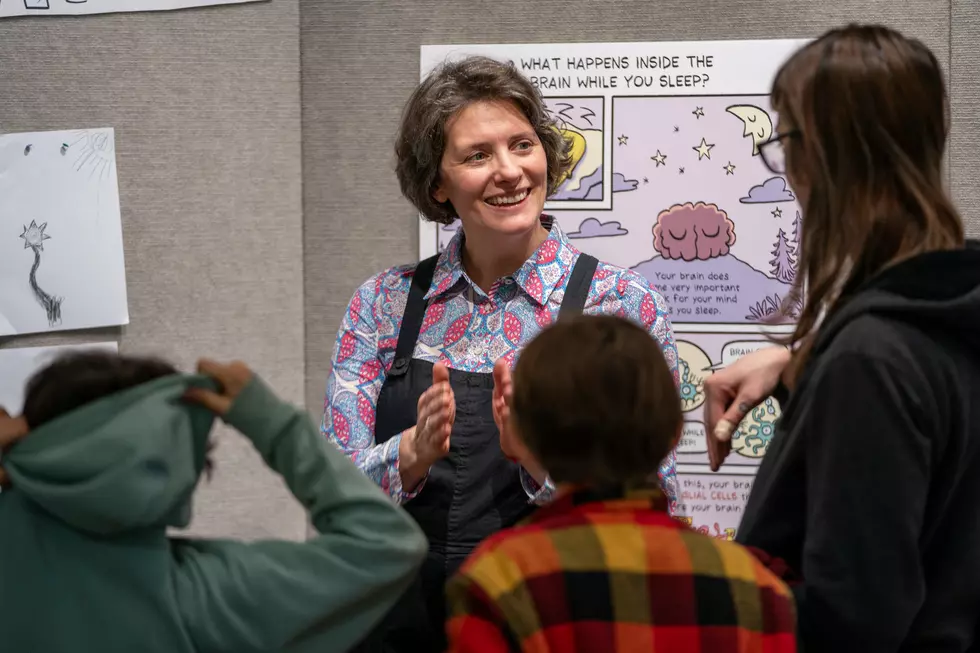![Mitchell Tightens Vaccination Grip on New Bedford [OPINION]](https://townsquare.media/site/518/files/2021/10/attachment-jmitch.jpg?w=980&q=75)
Mitchell Tightens Vaccination Grip on New Bedford [OPINION]
Unable to entice enough people to voluntarily vax up with gift cards for coffee and groceries, New Bedford Mayor Jon Mitchell has begun forcing some folks to take the jab or be penalized for their refusal.
Mitchell has ordered those city employees under his immediate control to show proof of vaccination or submit to weekly COVID testing. Those who refuse will be suspended and then terminated.
Not only must employees show papers to prove to King Mitchell that they are in compliance with his command, but the information must be uploaded to an app where once-private medical information could be compromised or misused.

Some 900 employees must comply with Mitchell's order by November 15 or risk disciplinary action, but here is the rub: all New Bedford Public Schools employees, including teachers, and some 230 union police officers are currently exempt from the policy.
Not only has Mitchell lowered the boom on many municipal employees, he is also encouraging private employers to force their workers to be vaccinated as well. Perhaps while Mitchell is demanding to see medical records, he can check immigration papers at the same time and address a real problem facing New Bedford. You know, the one His Honor chooses to ignore repeatedly.
Mitchell was on his way to becoming one of the better New Bedford mayors. That was until he closed schools and businesses and threatened to send the police into churches. Mitchell removed basketball hoops and threw up crime scene tape around swing sets in the city's parks. His COVIDship became drunk with pandemic power and now his subjects count the days until he rides off into the sunset.
Barry Richard is the host of The Barry Richard Show on 1420 WBSM New Bedford. He can be heard weekdays from noon to 3 p.m. Contact him at barry@wbsm.com and follow him on Twitter @BarryJRichard58. The opinions expressed in this commentary are solely those of the author.
Answers to 25 common COVID-19 vaccine questions
More From WBSM-AM/AM 1420









